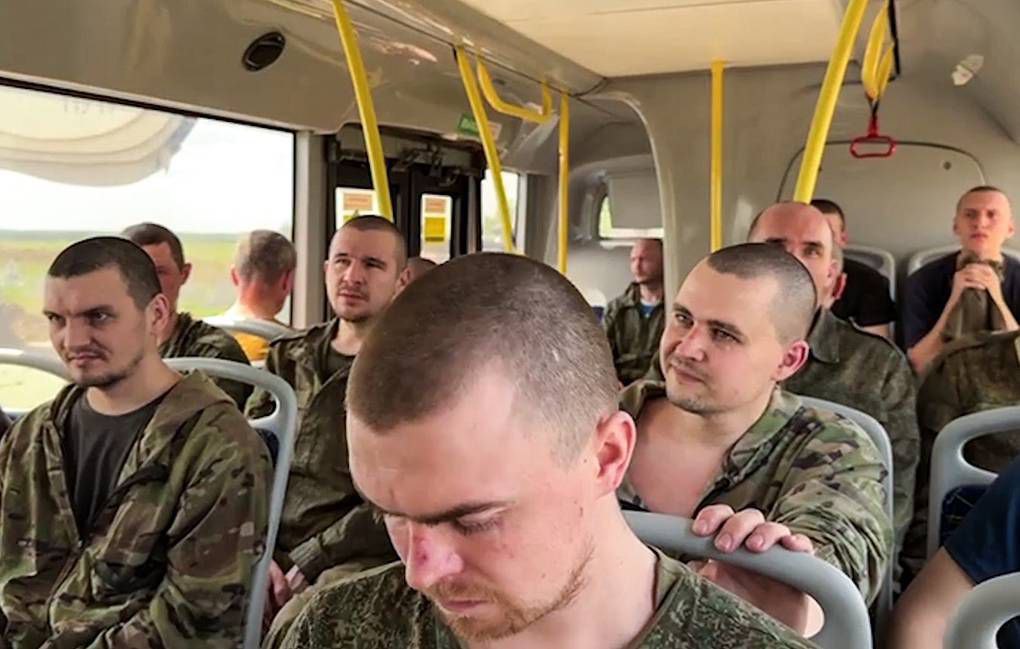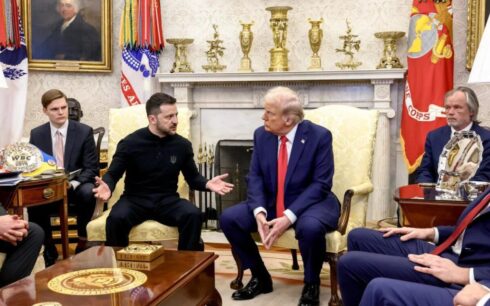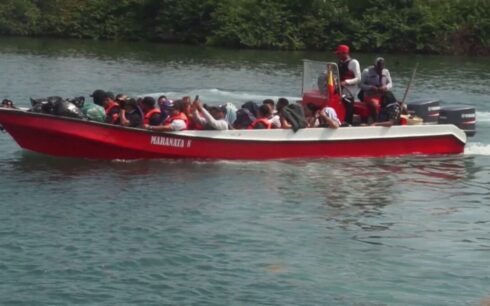MOSCOW — Russia and Ukraine exchanged 115 prisoners of war each on Saturday in a deal brokered by the United Arab Emirates, marking the first such exchange since Ukraine launched a significant attack into Russia’s Kursk region earlier this month.
The Russian Defense Ministry confirmed that the Russian soldiers involved in the swap had been captured during the Kursk offensive, which occurred on August 6. This marked the largest incursion by a foreign power into Russian territory since World War II. All of the released Russian soldiers have been transferred to Belarus, where they will receive medical treatment and rehabilitation before returning to Russia.
The ministry expressed its gratitude to the UAE for facilitating the exchange, which underscores the Gulf state’s growing role as a mediator in the conflict. According to the UAE’s foreign ministry, this brings the total number of captives exchanged through its mediation efforts to 1,788. Saturday’s exchange was the seventh such operation that the UAE has mediated since Russia’s full-scale invasion of Ukraine in February 2022.
Ukrainian President Volodymyr Zelensky shared an image on social media of the returning Ukrainian prisoners, who were wrapped in their national blue-and-yellow flags and embracing one another. Zelensky noted that those returned included servicemen from the border guards, the national guard, the navy, and the armed forces. He also thanked the Ukrainian troops whose efforts have allowed for these prisoner exchanges.
Among the returning Ukrainians, 82 were defenders of Mariupol, according to Dmytro Lubinets, Ukraine’s commissioner for human rights. The strategic port city was besieged early in the war, becoming a symbol of Ukrainian resistance.
While Abu Dhabi maintains close security ties with the United States, it has continued to nurture its relationship with Moscow throughout the conflict, a stance that has raised concerns among some Western officials. At the same time, the UAE has also strengthened its relations with Kyiv. Emirati officials have emphasized their ability to engage with a broad range of international actors, positioning themselves as effective mediators capable of promoting cooperation and security.





